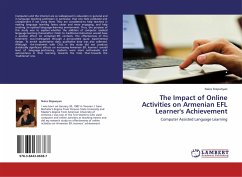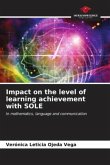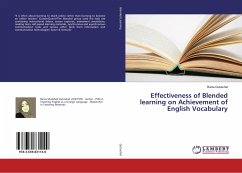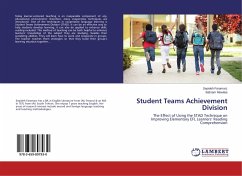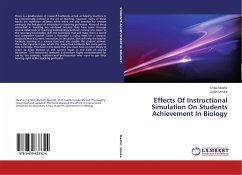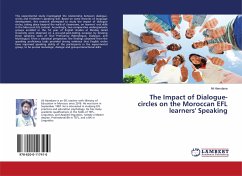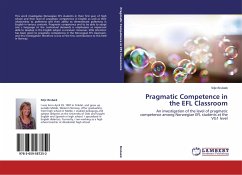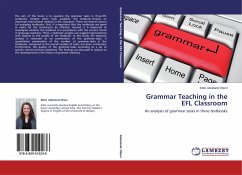Computers and the Internet are so widespread in education in general and in language teaching profession in particular, that one feels outdated and unimportant if not using them. They are considered to help teachers in making language learning faster, easier and more engaging, and help creating an optimal language-learning environment. Thus, the purpose of this study was to explore whether the addition of computer assisted language learning (hereinafter: CALL) to traditional instruction would have a positive effect on Armenian EFL contexts. The effectiveness of this treatment was investigated through a pre-posttest quasi-experimental design. To enrich quantitative data, qualitative data was also collected. Although the treatment with CALL in this study did not produce statistically significant effects on increasing Armenian EFL learners overall level of language proficiency, students were more enthusiastic and autonomous in their learning towards the CALL than towards the traditional one.
Bitte wählen Sie Ihr Anliegen aus.
Rechnungen
Retourenschein anfordern
Bestellstatus
Storno

